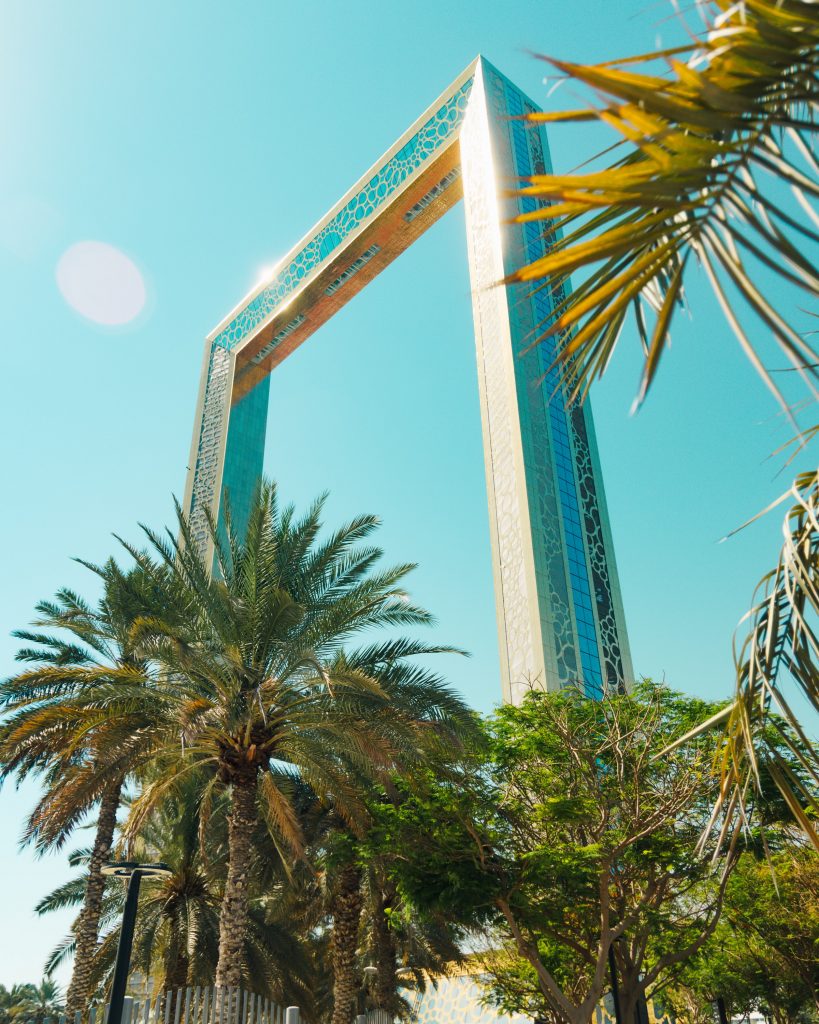How UAE Finance Companies Can Harness the Power of Fintech
The global financial landscape is undergoing a shift driven by the relentless march of fintech innovation. Fintech, short for financial technology, has evolved from a buzzword to a driving force, transforming how finance companies operate and serve their customers.
In this article, we’ll explore the growing importance of Fintech in the finance industry worldwide, specifically in the United Arab Emirates (UAE). We’ll delve into the rise of digital currencies, blockchain technology, and open banking.
Moreover, we’ll provide valuable advice on how finance companies in the UAE can harness the power of Fintech to improve customer experiences, foster growth, and stay ahead of the curve. Let’s get started.
The Fintech Revolution: A Global Phenomenon
Borders do not limit the fintech revolution; it’s a global phenomenon reshaping finance from New York to Dubai. At its core, Fintech represents the fusion of finance and technology, and its impact is far-reaching.
One of the most significant developments is the rise of digital currencies, with Bitcoin leading the charge. In recent years, cryptocurrencies have gained widespread acceptance and investment, with their total market capitalization exceeding $2 trillion.
This digital currency revolution challenges traditional financial systems and offers new investment opportunities for individuals and institutions alike.
Blockchain technology, the backbone of cryptocurrencies, is another fintech innovation disrupting finance. Blockchain’s decentralized and secure ledger system has the potential to revolutionize everything from cross-border payments to supply chain management.
Its transparency and immutability are vital factors that make it a game-changer for the finance industry.
Open banking is yet another fintech trend transforming how we manage our finances. It’s all about giving consumers more control and access to their financial data.
By allowing third-party developers to build applications around financial institutions, open banking fosters innovation in payment services, financial management apps, and more. The UAE has proactively adopted open banking to enhance competition and empower consumers.
How UAE Companies Can Harness Fintech
So, how can finance companies in the UAE leverage the power of Fintech to stay competitive and meet the evolving needs of their customers? The key lies in embracing and integrating these technological advancements into their operations.
1. Digital Currencies for Speedy Transactions
Embracing cryptocurrencies for transactions can help finance companies facilitate faster cross-border payments and reduce associated costs. Integrating cryptocurrency payment options into their platforms can give customers more flexibility.
2. Blockchain for Transparency and Security
Blockchain can be employed for transparent record-keeping and secure data sharing. Finance companies can use blockchain to streamline audit processes, reduce fraud, and improve the overall security of financial transactions.
3. Open Banking for Enhanced Services
By adopting open banking practices, finance companies can empower customers to access their financial data securely and share it with trusted third-party apps. This fosters innovation and allows for the development of personalized financial management tools.
4. CRM Systems for a Seamless Customer Journey
To truly harness the power of Fintech, finance companies should integrate CRM systems equipped with Fintech-friendly features.
For instance, CRM systems can enable omnichannel marketing automation, allowing companies to reach customers through their preferred channels, email, social media, or mobile apps.
AI-powered chatbots can enhance customer support, providing instant assistance and handling routine inquiries.
Real-time customer data analytics enable finance companies to gain valuable insights into customer behavior and preferences, allowing for more personalized and targeted services.
By combining the strengths of fintech innovations with CRM capabilities, finance companies in the UAE can create a seamless customer journey that embraces the future of finance.
Regulatory Considerations for Fintech Integration
It’s important to note that while Fintech offers immense potential, it also comes with regulatory challenges. Finance companies in the UAE should stay informed about evolving regulations and ensure compliance with data protection and financial security standards.
Working closely with regulatory bodies and staying proactive in addressing compliance issues is essential for a thriving fintech integration strategy.
Fintech and Financial Inclusion
Fintech can extend financial services to previously underserved populations. In the UAE, where expatriates and migrant workers comprise a significant portion of the people, Fintech can play a crucial role in financial inclusion.
By providing accessible and affordable financial services through digital channels, finance companies can cater to a diverse customer base.
Building Trust in Fintech
Trust is a cornerstone of the financial industry and equally essential in Fintech. Finance companies should invest in robust cybersecurity measures, transparent data handling practices, and clear customer communication to build and maintain trust in their fintech offerings.
Conclusion
The rise of Fintech is not a passing trend; it’s a transformational force reshaping finance worldwide. Finance companies in the UAE have a unique opportunity to embrace this revolution and leverage fintech innovations to enhance customer experiences, drive growth, and stay competitive in a rapidly evolving landscape.
By adopting digital currencies, harnessing blockchain’s transparency and security, and embracing open banking, they can offer cutting-edge services to their clients.
Moreover, integrating CRM systems with fintech-friendly features such as omnichannel marketing automation, AI-powered chatbots, and real-time customer data analytics can create a customer journey that’s both efficient and personalized.
The future of finance is here, and those who harness the power of Fintech will lead the way. Want to learn more about tools you can use for your finance company? Talk to our experts. Book a FREE demo below.
Curious how digital ecosystems can help improve your business?
Check out how digital ecosystems can boost your company performance by getting started here.
Book a Demo